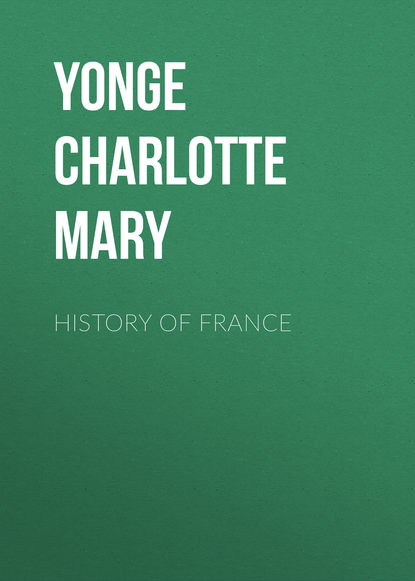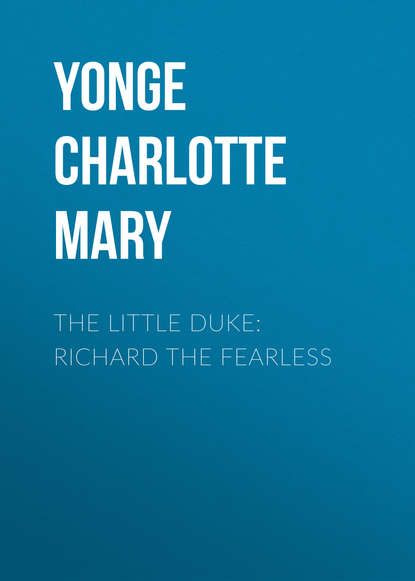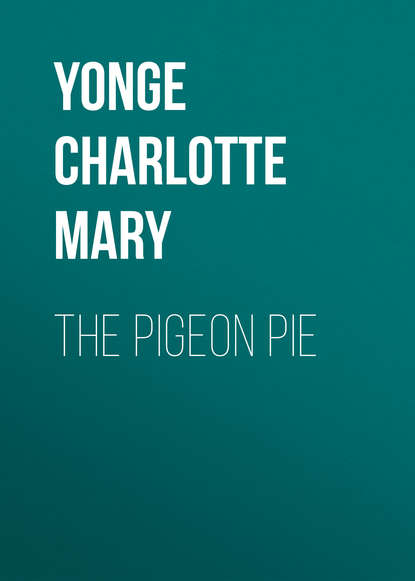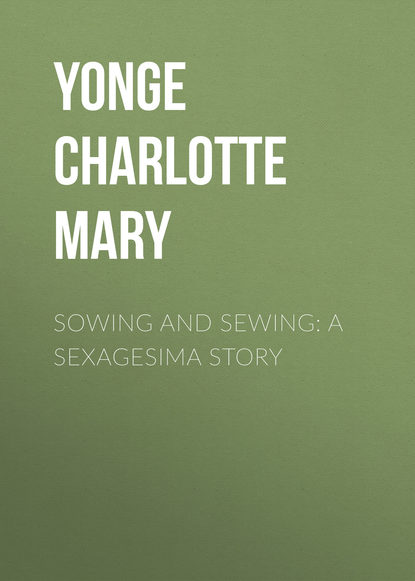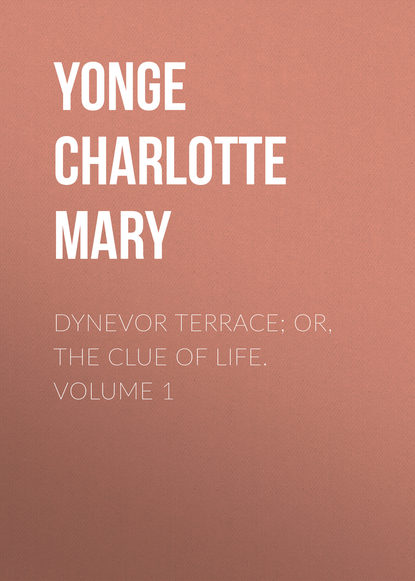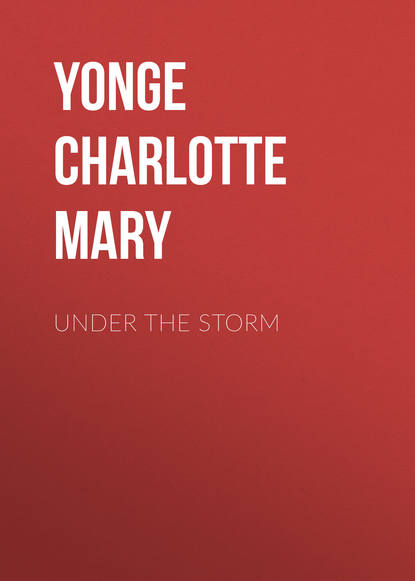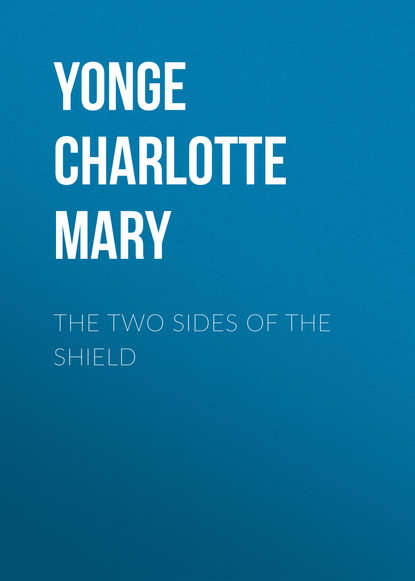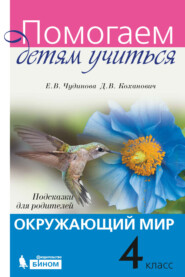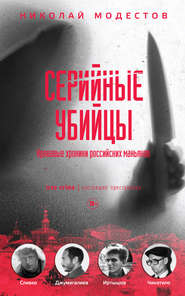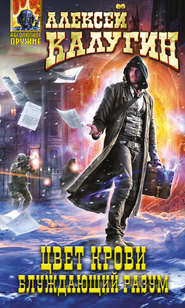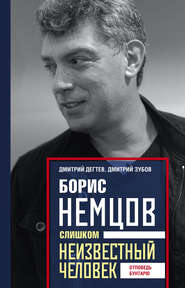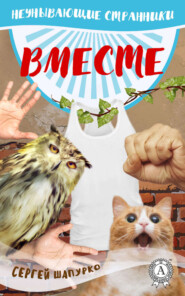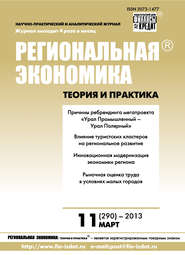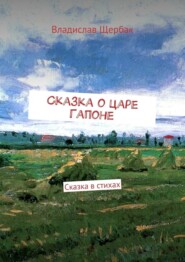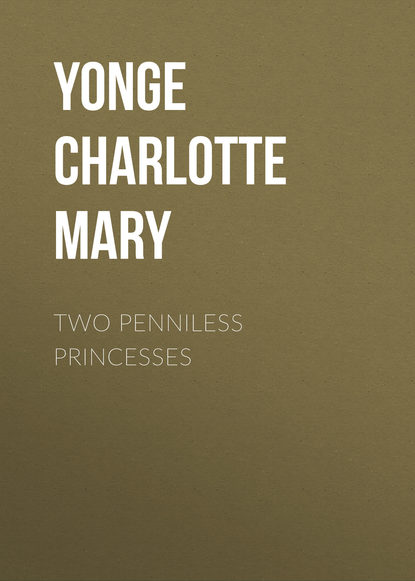 ТекстПолная версия
ТекстПолная версия Two Penniless Princesses
Полная версия
- О книге
- Читать
‘Scarce like his father’s son,’ returned Sir Patrick, ‘who gat the bride with a kingdom for her tocher that these folks have well-nigh lost among them.’
‘The saints be praised if they have.’
‘I cannot forget, my liege, how your own sainted father loved and fought for King Harry of Monmouth. Foe as he was, I own that I shall never look on his like again.’
‘I hold with you in that, Patie,’ said Bishop Kennedy; ‘and frown as you may, my young liege, a few years with such as he would do more for you—as it did with your blessed father—than ever we can.’
‘I can hold mine own, I hope, without lessons from the enemy,’ said James, holding his head high, while his ruddy locks flew back, his eyes glanced, and the red scar on his cheek widened. ‘And is it true that you are for going through false England, Patie?’
‘I made friends there when I spent two years there with your Grace’s blessed father,’ returned Sir Patrick, ‘and so did my good wife. She longs to see the lady who is now Sister Clare at St. Katharine’s in London, and it is well not to let her and Annis brook the long sea voyage.’
‘There, Jean! I’d brook ten sea voyages rather than hold myself beholden to an Englishman!’ quoth James.
‘Nevertheless, there are letters and messages that it is well to confide to so trusty and wise-headed a knight as Glenuskie,’ returned the Bishop.
The meal over, the silver bowls were carried round with water to wash the hands by the two young Drummonds, sons of Glenuskie, and by the King’s pages, youths of about the same age, after which the Bishop and Sir Patrick asked licence of the King to retire for consultation to the Bishop’s apartment, a permission which, as may well be believed, he granted readily, only rejoicing that he was not wanted.
The little ones were carried off by Mary and Nurse Ankaret; and the King, his elder sisters, and the other youths of condition betook themselves, followed by half-a-dozen great dogs, to the court, where the Drummonds wanted to exhibit the horses procured for the journey, and James and Jean to show the hawks that were the pride of their heart.
By and by came an Italian priest, who acted as secretary to the Bishop—a poor little man who grew yellower and yellower, was always shivering, and seemed to be shrivelled into growing smaller and smaller by the Scottish winds, but who had a most keen and intelligent face.
‘How now, Father Romuald,’ called out James. ‘Are ye come to fetch me?’
‘Di grazia, Signor Re’, began the Italian in some fear, as the dogs smelted his lambskin cape. ‘The Lord Bishop entreats your Majesty’s presence.’
His Majesty, who, by the way, never was so called by any one else, uttered some bitter growls and grumbles, but felt forced to obey the call, taking with him, however, his beautiful falcon on his wrist, and the two huge deer-hounds, who he declared should be of the council if he was.
Jean and Eleanor then closed upon David and Malcolm, eagerly demanding of them what they expected in that wonderful land to which they were going, much against the will of young David, who was sure there would be no hunting of deer, nor hawking for grouse, nor riding after an English borderer or Hieland cateran—nothing, in fact, worth living for! It would be all a-wearying with their manners and their courtesies and such like daft woman’s gear! Why could not his father be content to let him grow up like his fellows, rough and free and ready?
‘And knowing nothing better—nothing beyond,’ said Eleanor.
‘What would you have better than the hill and the brae? To tame a horse and fly a hawk, and couch a lance and bend a bow! That’s what a man is made for, without fashing himself with letters and Latin and manners, no better than a monk; but my father would always have it so!’
‘Ye’ll be thankful to him yet, Davie,’ put in his graver brother.
‘Thankful! I shall forget all about it as soon as I am knighted, and make you write all my letters—and few enough there will be.’
‘And you, Malcolm!’ said Eleanor, ‘would you be content to hide within four walls, and know nothing by your own eyes?’
‘No indeed, cousin,’ replied the lad; ‘I long for the fair churches and cloisters and the learned men and books that my father tells of. My mother says that her brother, that I am named for, yearned to make this a land of peace and godliness, and to turn these high spirits to God’s glory instead of man’s strife and feud, and how it might have been done save for the slaying of your noble father—Saints rest him!—which broke mine uncle’s heart, so that he died on his way home from pilgrimage. She hopes to pray at his tomb that I may tread in his steps, and be a blessing and not a curse to the land we love.’
Eleanor was silent, seeing for the first time that there might be higher aims than escaping from dulness, strife, and peril; whilst Jean cried—
‘’Tis the titles and jousts, the knights and ladies that I care for—men that know what fair chivalry means, and make knightly vows to dare all sorts of foes for a lady’s sake.’
‘As if any lass was worth it,’ said David contemptuously.
‘Ay, that’s what you are! That’s what it is to live in this savage realm,’ returned Jean.
At this moment, however, Brother Romuald was again seen advancing, and this time with a request for the presence of the ladies Jean and Eleanor.
‘Could James be relenting on better advice?’ they asked one another as they went.
‘More likely,’ said Jean, with a sigh, amounting to a groan, ‘it is only to hear that we are made over, like a couple of kine, to some ruffianly reivers, who will beat a princess as soon as a scullion.’
They reached the chamber in time. Though the Bishop slept there it also served for a council chamber; and as he carried his chapel and household furniture about with him, it was a good deal more civilised-looking than even the princesses’ room. Large folding screens, worked with tapestry, representing the lives of the saints, shut off the part used as an oratory and that which served as a bedchamber, where indeed the good man slept on a rush mat on the floor. There were a table and several chairs and stools, all capable of being folded up for transport. The young King occupied a large chair of state, in which he twisted himself in a very undignified manner; the Bishop-Chancellor sat beside him, with the Great Seal of Scotland and some writing materials, parchments, and letters before him, and Sir Patrick came forward to receive and seat the young ladies, and then remained standing—as few of his rank in Scotland would have done on their account.
‘Well, lassies,’ began the King, ‘here’s lads enow for you. There’s the Master of Angus, as ye ken—‘(Jean tossed her head)—‘moreover, auld Crawford wants one of you for his son.’
‘The Tyger Earl,’ gasped Eleanor.
‘And with Stirling for your portion, the modest fellow,’ added James. ‘Ay, and that’s not all. There’s the MacAlpin threats me with all his clan if I dinna give you to him; and Mackay is not behindhand, but will come down with pibroch and braidsword and five hundred caterans to pay his court to you, and make short work of all others. My certie, sisters seem but a cause for threats from reivers, though maybe they would not be so uncivil if once they had you.’
‘Oh, Jamie! oh! dear holy Father,’ cried Eleanor, turning from the King to the Bishop, ‘do not, for mercy’s sake, give me over to one of those ruffians.’
‘They are coming, Eleanor,’ said James, with a boy’s love of terrifying; ‘the MacAlpin and Mackay are both coming down after you, and we shall have a fight like the Clan Chattan and Clan Kay. There’s for the demoiselle who craved for knights to break lances for her!’
‘Knights indeed! Highland thieves,’ said Jean; ‘and ‘tis for what tocher they may force from you, James, not for her face.’
‘You are right there, my puir bairn,’ said the Bishop. ‘These men—save perhaps the young Master of Angus—only seek your hands as a pretext for demands from your brother, and for spuilzie and robbery among themselves. And I for my part would never counsel his Grace to yield the lambs to the wolves, even to save himself.’
‘No, indeed,’ broke in the King; we may not have them fighting down here, though it would be rare sport to look on, if you were not to be the prize. So my Lord Bishop here trows, and I am of the same mind, that the only safety is that the birds should be flown, and that you should have your wish and be away the morn, with Patie of Glenuskie here, since he will take the charge of two such silly lasses.’
The sudden granting of their wish took the maidens’ breath away. They looked from one to the other without a word; and the Bishop, in more courtly language, explained that amid all these contending parties he could not but judge it wiser to put the King’s two marriageable sisters out of reach, either of a violent abduction, or of being the cause of a savage contest, in either case ending in demands that would be either impossible or mischievous for the Crown to grant, and moreover in misery for themselves.
Sir Patrick added something courteous about the honour of the charge.
‘So soon!’ gasped Jean; ‘are we really to go the morn?’
‘With morning light, if it be possible, fair ladies,’ said Sir Patrick.
‘Ay,’ said James, ‘then will we take Mary and the weans to the nunnery in St. Mary’s Wynd, where none will dare to molest them, and I shall go on to St. Andrews or Stirling, as may seem fittest; while we leave old Seneschal Peter to keep the castle gates shut. If the Hielanders come, they’ll find the nut too hard for them to crack, and the kernel gone, so you’d best burn no more daylight, maidens, but busk ye, as women will.’
‘Oh, Jamie, to speak so lightly of parting!’ sighed Eleanor.
‘Come—no fule greeting, now you have your will,’ hastily said James, who could hardly bear it himself.
‘Our gear!’ faltered Jeanie, with consternation at their ill-furnished wardrobes.
‘For that,’ said the Bishop, ‘you must leave the supply till you are over the Border, when the Lady Glenuskie will see to your appearing as nigh as may be as befits the daughters of Scotland among your English kin.’
‘But we have not a mark between us,’ said Jean, ‘and all my mother’s jewels are pledged to the Lombards.’
‘There are moneys falling due to the Crown,’ said the Bishop, ‘and I can advance enow to Sir Patrick to provide the gear and horses.’
‘And my gude wife’s royal kin are my guests till they win to their sister,’ added Sir Patrick.
And so it was settled. It was an evening of bustle and a night of wakefulness. There were floods of tears poured out by and over sweet little Mary and good old Ankaret, not to speak of those which James scorned to shed. Had a sudden stop been put to the journey, perhaps, Eleanor would have been relieved but Jean sorely disappointed.
It was further decided that Father Romuald should accompany the party, both to assist in negotiations with Henry VI. and Cardinal Beaufort, and to avail himself of the opportunity of returning to his native land, fa north, and to show cause to the Pope for erecting St. Andrews into an archiepiscopal see, instead of leaving Scotland under the primacy of York.
Hawk and harp were all the properties the princesses-errant took with them; but Jean, as her old nurse sometimes declared, loved Skywing better than all the weans, and Elleen’s small travelling-harp was all that she owned of her father’s—except the spirit that loved it.
CHAPTER 2. DEPARTURE
‘I bowed my pride, A horse-boy in his train to ride.’—SCOTT.The Lady of Glenuskie, as she was commonly called, was a near kinswoman of the Royal House, Lilias Stewart, a grand-daughter of King Robert II., and thus first cousin to the late King. Her brother, Malcolm Stewart, had resigned to her the little barony of Glenuskie upon his embracing the life of a priest, and her becoming the wife of Sir Patrick Drummond, the son of his former guardian.
Sir Patrick had served in France in the Scotch troop who came to the assistance of the Dauphin, until he was taken prisoner by his native monarch, James I., then present with the army of Henry V. He had then spent two years at Windsor, in attendance upon that prince, until both were set at liberty by the treaty made by Cardinal Beaufort. In the meantime, his betrothed, Lilias, being in danger at home, had been bestowed in the household of the Countess of Warwick, where she had been much with an admirable and saintly foreign lady, Esclairmonde de Luxembourg, who had taken refuge from the dissensions of her own vexed country among the charitable sisterhood of St. Katharine in the Docks in London.
Sir Patrick and his lady had thus enjoyed far more training in the general European civilisation than usually fell to the lot of their countrymen; and they had moreover imbibed much of the spirit of that admirable King, whose aims at improvement, religious, moral, and political, were so piteously cut short by his assassination. During the nine miserable years that had ensued it had not been possible, even in conjunction with Bishop Kennedy, to afford any efficient support or protection to the young King and his mother, and it had been as much as Sir Patrick could do to protect his own lands and vassals, and do his best to bring up his children to godly, honourable, and chivalrous ways; but amid all the evil around he had decided that it was well-nigh impossible to train them to courage without ruffianism, or to prevent them from being tainted by the prevailing standard. Even among the clergy and monastic orders the type was very low, in spite of the endeavours of Bishop Kennedy, who had not yet been able to found his university at St. Andrews; and it had been agreed between him and Sir Patrick that young Malcolm Drummond, a devout and scholarly lad of earnest aspiration, should be trained at the Paris University, and perhaps visit Padua and Bologna in preparation for that foundation, which, save for that cruel Eastern’s E’en, would have been commenced by the uncle whose name he bore.
The daughter had likewise been promised in her babyhood to the Sire de Terreforte, a knight of Auvergne, who had come on a mission to the Scotch Court in the golden days of the reign of James I., and being an old companion-in-arms of Sir Patrick, had desired to unite the families in the person of his infant son Olivier and of Annis Drummond.
Lady Drummond had ever since been preparing her little daughter and her wardrobe. The whole was in a good state of forwardness; but it must be confessed that she was somewhat taken aback when she beheld two young ladies riding up the glen with her husband, sons, and their escort; and found, on descending to welcome them, that they were neither more nor less than the two eldest unmarried princesses of Scotland.
‘And Dame Lilias,’ proceeded her knight, ‘you must busk and boune you to be in the saddle betimes the morn, and put Tweed between these puir lasses and their foes—or shall I say their ower well wishers?’
The ladies of Scotland lived to receive startling intelligence, and Lady Drummond’s kind heart was moved by the two forlorn, weary-looking figures, with traces of tears on their cheeks. She kissed them respectfully, conducted them to the guest-chamber, which was many advances beyond their room at Dunbar in comfort, and presently left her own two daughters, Annis and Lilias, and their nurse, to take care of them, since they seemed to have neither mails nor attendants of their own, while she sought out her husband, as he was being disarmed by his sons, to understand what was to be done.
He told her briefly of the danger and perplexity in which the presence of the two poor young princesses might involve themselves, their brother, and the kingdom itself, by exciting the greed, jealousy, and emulation of the untamed nobles and Highland chiefs, who would try to gain them, both as an excuse for exactions from the King and out of jealousy of one another. To take them out of reach was the only ready means of preventing mischief, and the Bishop of St. Andrews had besought Sir Patrick to undertake the charge.
‘We are bound to do all we can for their father’s daughters,’ Dame Lilias owned, ‘alike as our King and the best friend that ever we had, or my dear brother Malcolm, Heaven rest them both! But have they no servants, no plenishing?’
‘That must we provide,’ said Sir Patrick. ‘We must be their servants, Dame. Our lasses must lend them what is fitting, till we come where I can make use of this, which my good Lord of St. Andrews gave me.’
‘What is it, Patie? Not the red gold?’
‘Oh no! I have heard of the like. Ye ken Morini, as they call him, the Lombard goldsmith in the Canongate? Weel, for sums that the Bishop will pay to Morini, sums owing, he says, by himself to the Crown—though I shrewdly suspect ‘tis the other way, gude man!—then the Lombard’s fellows in York, London, or Paris, or Bourges will, on seeing this bit bond, supply us up to the tune of a hundred crowns. Thou look’st mazed, Lily, but I have known the like before. ‘Tis no great sum, but mayhap the maidens’ English kin will do somewhat for them before they win to their sister.’
‘I would not have them beholden to the English,’ said Dame Lilias, not forgetting that she was a Stewart.
Her husband perhaps scarcely understood the change made in the whole aspect of the journey to her. Not only had she to hurry her preparations for the early start, but instead of travelling as the mistress of the party, she and her daughter would, in appearance at least, be the mere appendages of the two princesses, wait upon them, give them the foremost place, supply their present needs from what was provided for themselves, and it was quite possible have likewise to control girlish petulance and inexperience in the strange lands where her charges must appear at their very best, to do honour to their birth and their country.
But the loyal woman made up her mind without a word of complaint after the first shock, and though a busy night was not the best preparation for a day’s journey, she never lay down; nor indeed did her namesake daughter, who was to be left at a Priory on their way, there to decide whether she had a vocation to be a nun.
So effectually did she bestir herself that by six o’clock the next morning the various packages were rolled up for bestowal on the sumpter horses, and the goods to be left at home locked up in chests, and committed to the charge of the trusty seneschal and his wife; a meal, to be taken in haste, was spread on the table in the hall, to be swallowed while the little rough ponies were being laden.
Mass was to be heard at the first halting-place, the Benedictine nunnery of Trefontana on Lammermuir, where Lilias Drummond was to be left, to be passed on, when occasion served, to the Sisterhood at Edinburgh.
The fresh morning breezes over the world of heather brightened the cheeks and the spirits of the two sisters; the first wrench of parting was over with them, and they found themselves treated with much more observance than usual, though they did not know that the horses they were riding had been trained for the special use of the Lady of Glenuskie and her daughter Annis upon the journey.
They rode on gaily, Jean with her inseparable falcon Skywing, Eleanor with her father’s harp bestowed behind her—she would trust it to no one else. They were squired by their two cousins, David and Malcolm, who, in spite of David’s murmurs, felt the exhilaration of the future as much as they did, as they coursed over the heather, David with two great greyhounds with majestic heads at his side, Finn and Finvola, as they were called.
The graver and sadder ones of the party, father, mother, and the two young sisters, rode farther back, the father issuing directions to the seneschal, who accompanied them thus far, and the mother watching over the two fair young girls, whose hearts were heavy in the probability that they would never meet again, for how should a Scottish Benedictine nun and the wife of a French seigneur ever come together? nor would there be any possibility of correspondence to bridge over the gulf.
The nunnery was strong, but not with the strength of secular buildings, for, except when a tempting heiress had taken refuge there, convents were respected even by the rudest men.
Numerous unkempt and barely-clothed figures were coming away from the gates, a pilgrim or two with brown gown, broad hat, and scallop shell, the morning’s dole being just over; but a few, some on crutches, some with heads or limbs bound up, were waiting for their turn of the sister-infirmarer’s care. The pennon of the Drummond had already been recognised, and the gate-ward readily admitted the party, since the house of Glenuskie were well known as pious benefactors to the Church.
They were just in time for a mass which a pilgrim priest was about to say, and they were all admitted to the small nave of the little chapel, beyond which a screen shut off the choir of nuns. After this the ladies were received into the refectory to break their fast, the men folk being served in an outside building for the purpose. It was not sumptuous fare, chiefly consisting of barley bannocks and very salt and dry fish, with some thin and sour ale; and David’s attention was a good deal taken up by a man-at-arms who seemed to have attached himself to the party, but whom he did not know, and who held a little aloof from the rest—keeping his visor down while eating and drinking, in a somewhat suspicious manner, as though to avoid observation.
Just as David had resolved to point this person out to his father, Sir Patrick was summoned to speak to the Lady Prioress. Therefore the youth thought it incumbent upon him to deal with the matter, and advancing towards the stranger, said, ‘Good fellow, thou art none of our following. How, now!’ for a pair of gray eyes looked up with recognition in them, and a low voice whispered, ‘Davie Drummond, keep my secret till we be across the Border.’
‘Geordie, what means this?’
‘I canna let her gang! I ken that she scorns me.’
‘That proud peat Jean?’
‘Whist! whist! She scorns me, and the King scarce lent a lug to my father’s gude offer, so that he can scarce keep the peace with their pride and upsettingness. But I love her, Davie, the mere sight of her is sunshine, and wha kens but in the stour of this journey I may have the chance of standing by her and defending her, and showing what a leal Scot’s heart can do? Or if not, if I may not win her, I shall still be in sight of her blessed blue een!’
David whistled his perplexity. ‘The Yerl,’ said he, ‘doth he ken?’
‘I trow not! He thinks me at Tantallon, watching for the raid the Mackays are threatening—little guessing the bird would be flown.’
‘How cam’ ye to guess that same, which was, so far as I know, only decided two days syne?’
‘Our pursuivant was to bear a letter to the King, and I garred him let me bear him company as one of his grooms, so that I might delight mine eyes with the sight of her.’
David laughed. His time was not come, and this love and admiration for his young cousin was absurd in his eyes. ‘For a young bit lassie,’ he said; ‘gin it had been a knight! But what will your father say to mine?’
‘I will write to him when I am well over the Border,’ said Geordie, ‘and gin he kens that your father had no hand in it he will deem no ill-will. Nor could he harm you if he did.’
David did not feel entirely satisfied, on one side of his mind as to his own loyalty to his father, or Geordie’s to ‘the Yerl,’ and yet there was something diverting to the enterprising mind in the stolen expedition; and the fellow-feeling which results in honour to contemporaries made him promise not to betray the young man and to shield him from notice as best he might. With Geordie’s motive he had no sympathy, having had too many childish squabbles with his cousin for her to be in his eyes a sublime Princess Joanna, but only a masterful Jeanie.
Sir Patrick, absorbed in orders to his seneschal, did not observe the addition to his party; and as David acted as his squire, and had been seen talking to the young man, no further demur was made until the time when the home party turned to ride back to Glenuskie, and Sir Patrick made a roll-call of his followers, picked men who could fairly be trusted not to embroil the company by excesses or imprudences in England or France.
Besides himself, his wife, sons and daughters, and the two princesses, the party consisted of Christian, female attendant for the ladies, the wife of Andrew of the Cleugh, an elderly, well-seasoned man-at-arms, to whom the banner was entrusted; Dandie their son, a stalwart youth of two or three-and-twenty, who, under his father, was in charge of the horses; and six lances besides. Sir Patrick following the French fashion, which gave to each lance two grooms, armed likewise, and a horse-boy. For each of the family there was likewise a spare palfrey, with a servant in charge, and one beast of burthen, but these last were to be freshly hired with their attendants at each stage.





